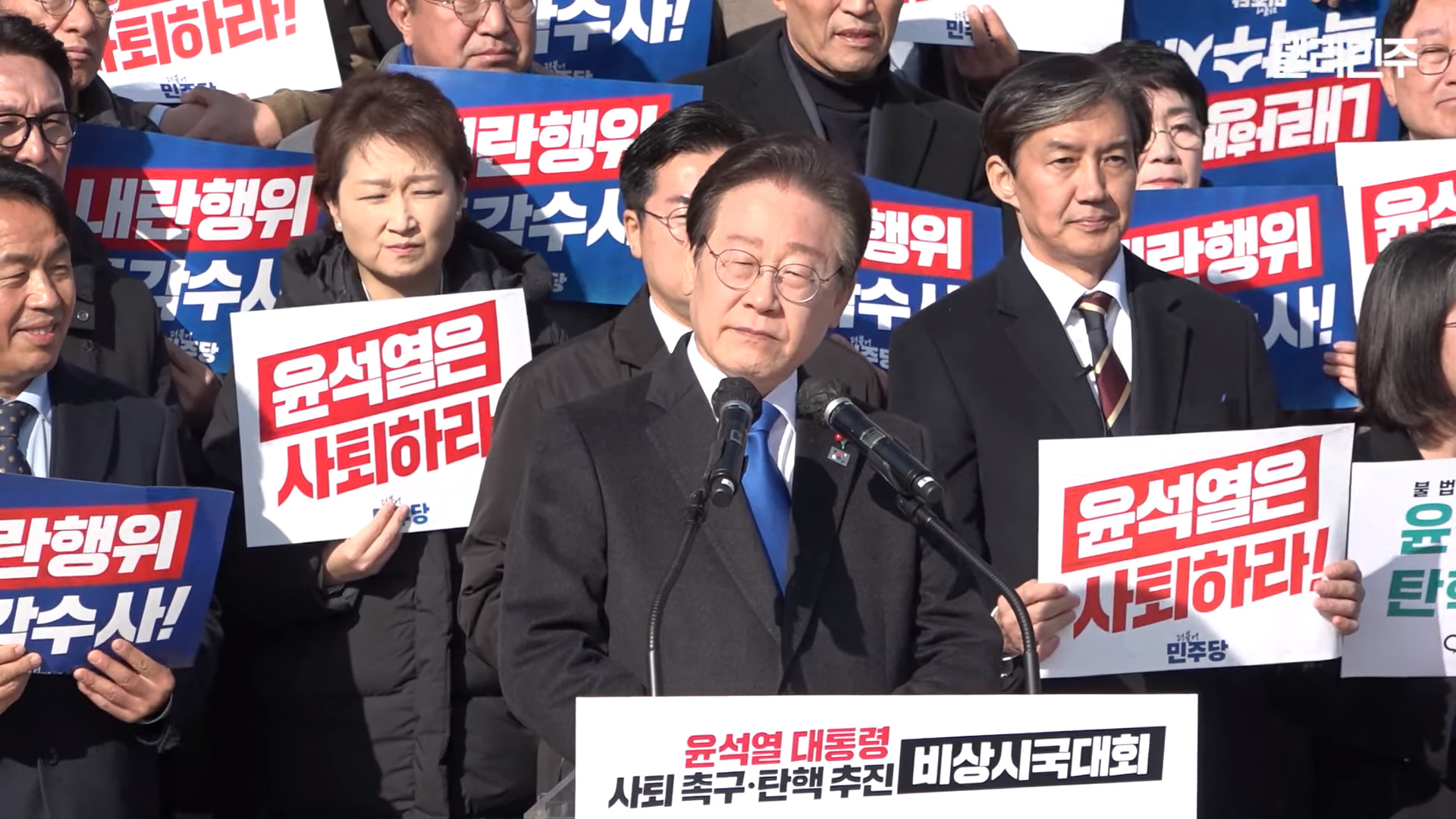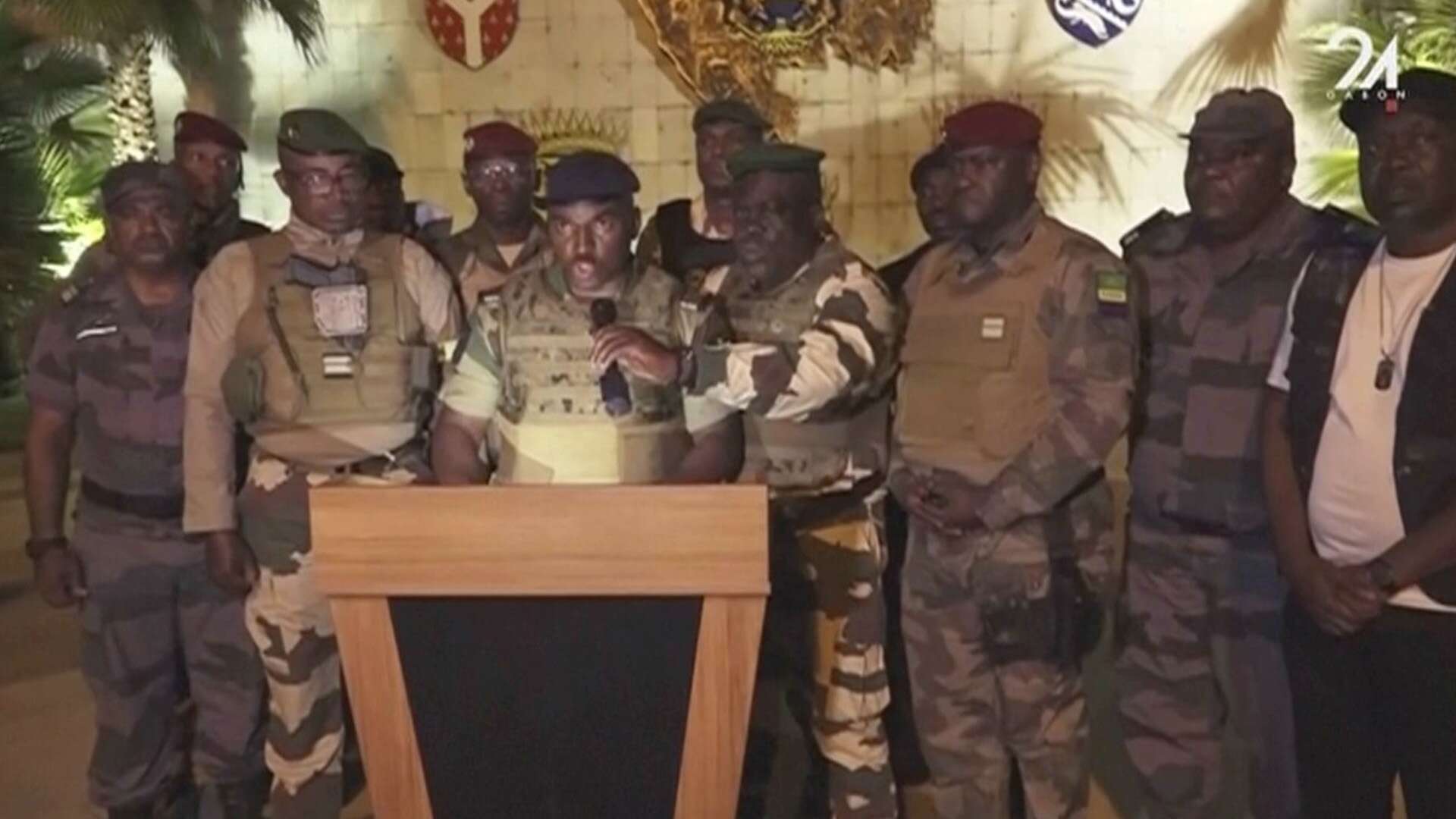Leaders of the Mali military uprising plan to hold elections "within a reasonable time"
- The President of Mali, Ibrahim Bubacar Keita, has been forced to resign from office. The country had long been under strong protests over the serious economic crisis.

A military council rose last Tuesday against the Malian Government and arrested President Ibrahim Bubacar Keita and Prime Minister Bubu Cise, accused of being "the people responsible for the crisis" in the region. Despite the international reproach caused by the coup d ' état, several individuals from the capital of Mali, Bamako, celebrated military interference, according to the medium elDiario.es.
The President has been forced to resign and dissolve the Government and Parliament. Keita noted in statements to the OTRM television channel in Mali: "I don't want to pour blood to stay in power. Consequently, I inform the public that from now on I have decided to suspend all functions.”
Although initially the Malian Armed Forces were supposed to be separated from the area of the coup, as the hours passed, the alleged internal opposition has become invisible and it could be thought that the majority of the uniformed have stood on the side of the coup. The rebels have come forward as the National Commission for the Salvation of the People. Among the first decisions taken by the interim committee is the closure of borders and curfew, among other things. They say that what they want is a "civil transition" and that the elections are held "within a reasonable time". They have also added that the fight against jihadism will continue to "cooperate with foreign troops" through cooperation. The spokesman who has read the communiqué is Colonel General Ismael Wague, head of the Air Force General Staff.
In a brief statement on Wednesday morning's national television, the military who have taken command have said that they are not interested in power, "but the health of the nation", and that they have intervened in "chaos, insecurity and anarchy". Colonel Wague has promised that Mali will receive "strong institutions" to "better manage our daily lives" and to "regain trust between governed and governed".
External pressures
The Community of West African States has closed borders with Mali and suspended the country ' s participation in the organization, which has been dissolved. Members of the Community have threatened Mali to intervene militarily in the armed conflict. The UN Security Council met this Wednesday to discuss the situation in the country. The UN Secretary General, Antonio Guterres, has called for "the immediate and unconditional release" of President Keita and for the differences between the Malians to "be resolved peacefully".
Internal status
In addition to the Head of State and Prime Minister, it is believed that the coup leaders have also arrested the majority of the Malian Government, which was set up on 27 July as an exceptional cabinet. But despite all these condemnations and the lack of external protection, it seems that the insurgents have the support of the citizens. On Tuesday the crowd happily invaded the avenues of the Bamesa capital, where music and songs were mixed with the military. Scenes shared through mobile phones have left images of spontaneous celebrations of events in which the rebels appear to be supported by a large part of the civilian population.
Criticised President
Ibrahim Boubacar Keïta came to power in 2013, after turbulent months as a result of a Coup d'état in 2012, which ended Clinton's life. The 75-year-old politician has won two elections in a quiet context, the last one in 2018. However, the result of last April’s legislative elections triggered the public’s outrage at suspicions of fraud. In May and June, a crowd invaded the streets of Bamako to protest the corruption of the president and his family, but also the insecurity that he lives in the country and the lack of State arrival in large areas of the national territory, which are de facto dominated by ethnic militias. As if that were not enough, jihadism has also gained ground in the Keita era in the African country.
Mali (2020), Guinea (2021), Burkina Faso (2022) Niger (2023) and now Christmas. Each State has its own socio-political reality, and the Western view cannot make generalities. Every coup has its peculiarities and reasons, because Africa is vast and each people has its own... [+]






















